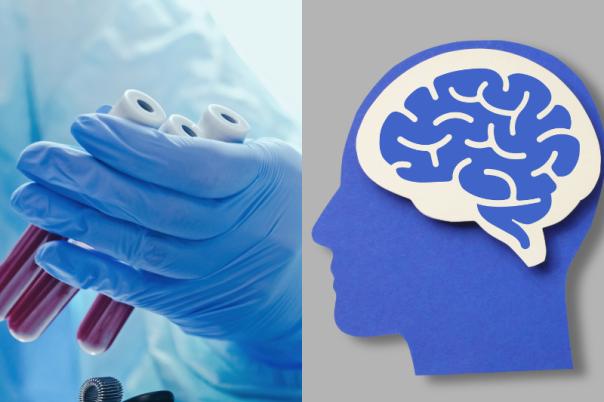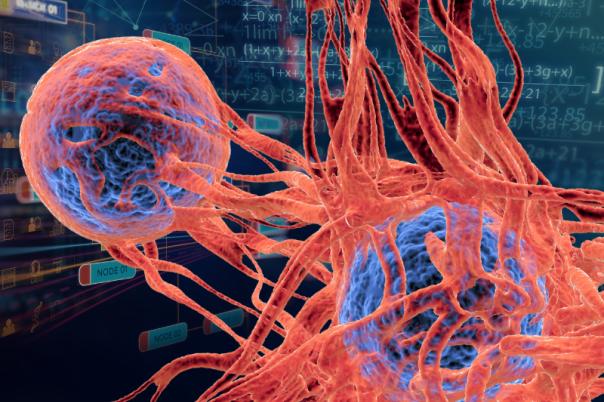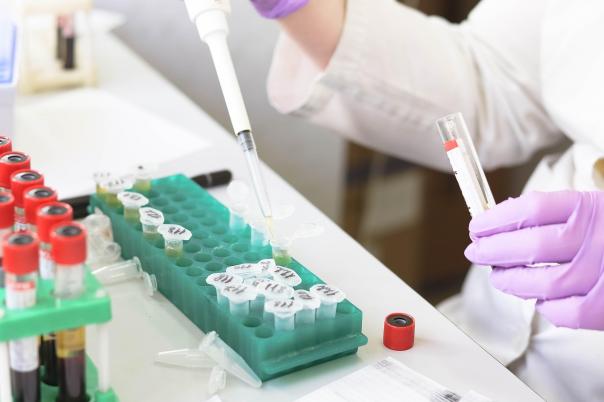Cancer Research UK is the largest funder of cancer research in Europe and the second largest funder of cancer research in the world. The organisation has had a substantial impact on cancer therapies; Joanna Janus, Research Manager (Early Detection & Prevention), Cancer Research UK, mentioned that CRUK contributed to developing 80% of the world’s top cancer drugs. Furthermore, CRUK played a key role in doubling breast cancer survival over the last 40 years.
The research strategy discussed in this presentation, early detection, is three-fold; it aims to prevent cancer early, better detect it earlier, and develop more effective treatments. Early detection and diagnosis are strategic priorities because early detection significantly improves outcomes of cancer for patients. Janus stated that CRUK has funded £150 million worth of research in this space since 2011. Janus explained that CRUK provides early detection, diagnosis, and research funding routinely for academically led projects that are likely to partner with industry.
Multicancer early detection (MCED) tests are key examples of how CRUK supports biomarker research. MCEDs are capable of detecting multiple cancers in a sample. Alongside detecting certain biomarkers, these tests typically use an algorithm to integrate different scores produced by different metabolites in use to predict the risk that someone has a cancer based on the result. This method is very promising for screening and asymptomatic patients. Moreover, in principle, it would be easy to implement into the NHS rather than having to think about many different tests for different cancers that all have different pathways.
Despite the significant potential, there are several challenges. For instance, the sensitivity and specificity of these tests is a key issue. Most of these tests are developed in case-control populations where patients already have cancer, often late-stage cancers. Meanwhile tests for early detection must be able to detect minute amounts of cancer DNA. This problem sparks the question whether there is a need for a new type of screening test since screening programmes are accustomed to evaluating one cancer at a time.
Furthermore, there are obstacles surrounding the implementation of MCEDs because each cancer will still have a different diagnostic workup. Whether these tests are easy to implement in the clinic and the healthcare settings on a broad scale also remains to be seen. The Galleri trial that was being rolled out by the NHS has been paused as a result of some of these issues, but the trial did help point out important challenges.
As well as routine funding CRUK also funds strategically. One of the funded projects, the iDx Lung Project taking place at the Southampton Clinical Trials Unit, evaluates blood tests and lung cancer screening to observe whether this improves the sensitivity of lung cancer screening in the UK. The CRUK is also funding another study that tests whether a cytosponge (a sponge-on-a-string diagnostic) can reduce mortality from oesophageal cancer.
Beyond MCED, CRUK supports a broad range of biomarker research and commercialisation projects. Their independent commercialisation arm, Cancer Research Horizons, collaborates with industry partners to license biomarker discoveries, support spinouts, and provide access to large clinically linked datasets for validation.




